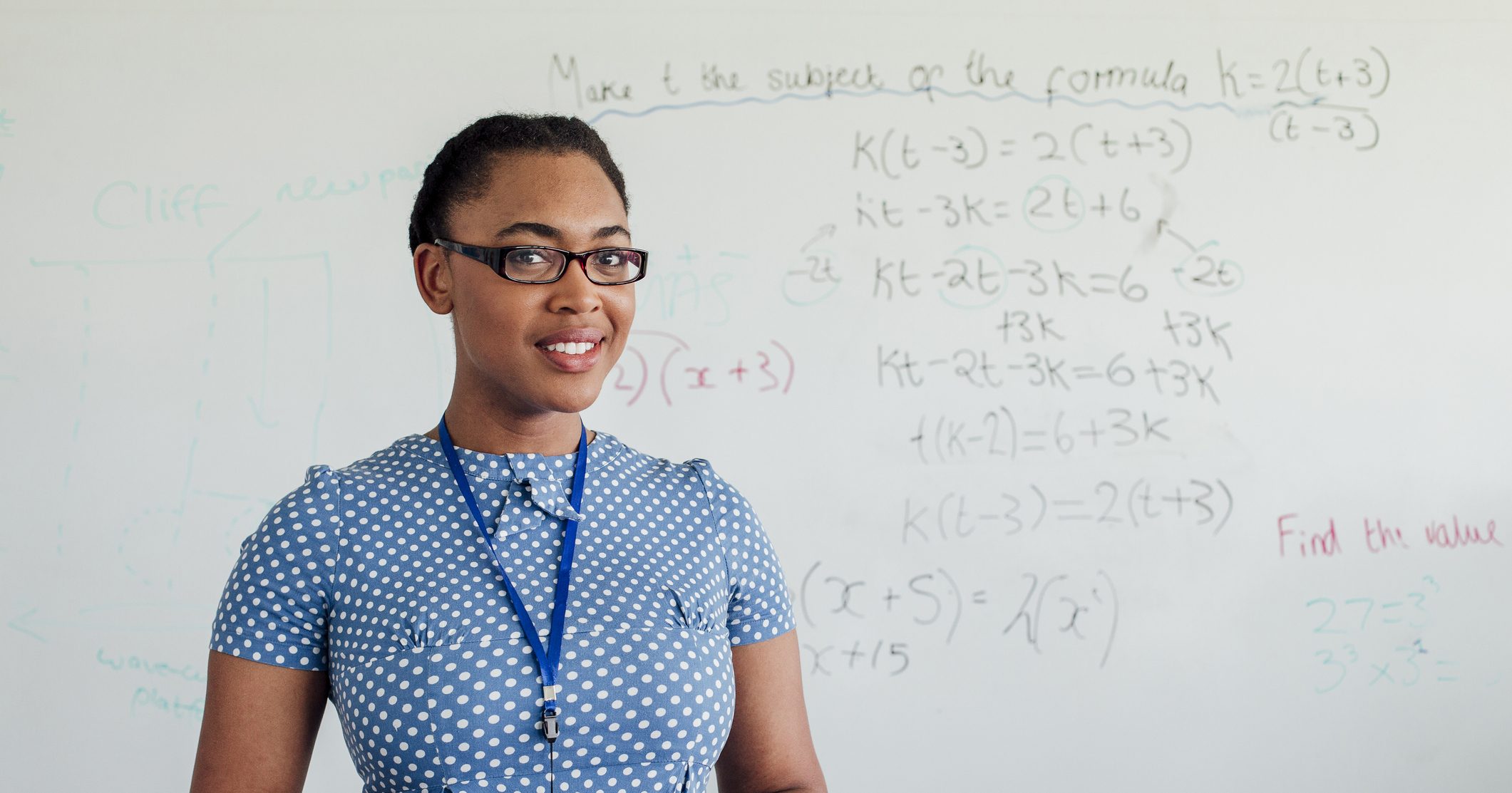Teaching Assistant (TA) jobs
A Teaching Assistant works in the classroom, most often in primary schools, to support the Teacher in day-to-day activities. This includes things such as preparing and setting up activities, helping children to complete tasks, working one-on-one with individuals or small groups who need extra help, and keeping the classroom and materials clean and organised. Being a TA gives you first-hand experience working with young children, and you will get a good insight into the job of a Teacher.
Cover Supervisor jobs
As a Cover Supervisor you are responsible for managing the class in the absence of the Teacher. This is a role commonly found in secondary schools where you can find yourself covering classes across a wide range of subjects and year groups. The Teacher will provide all the materials needed for the lesson and, as a Cover Supervisor, your job is to instruct the class and keep them motivated and focused on the work set.









